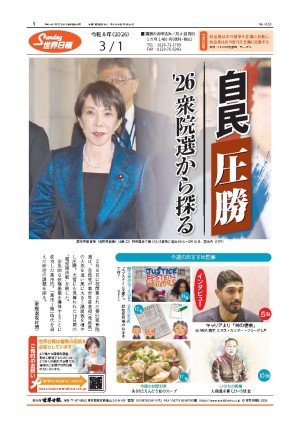ロシア接近で中国との引き離し狙うトランプ氏 Trump charm offensive a strategic bid to detach Russia from China: experts
トランプ米政権はこの1年半、ロシア政府に対して数多くの厳しい措置を取ってきた。外交アナリストらは、ヘルシンキでの会談でのプーチン大統領に対する魅力攻勢によって、これまでの厳しい対応が後退するのではないかと指摘している。
ロシアの数多くの企業、陰の実力者、影響力を持つ新興財閥(オリガルヒ)が依然、米国の厳しい経済制裁対象になっている。米政府は、波紋を呼んでいる天然ガスパイプライン「ノルドストリーム2」計画をロシアが進めれば、ロシア高官に厳しい制裁を科すことを検討している。ノルドストリーム2が完成すれば、ロシアの天然ガスがバルト海経由でドイツに送られるようになる。
...【全文を読む】







